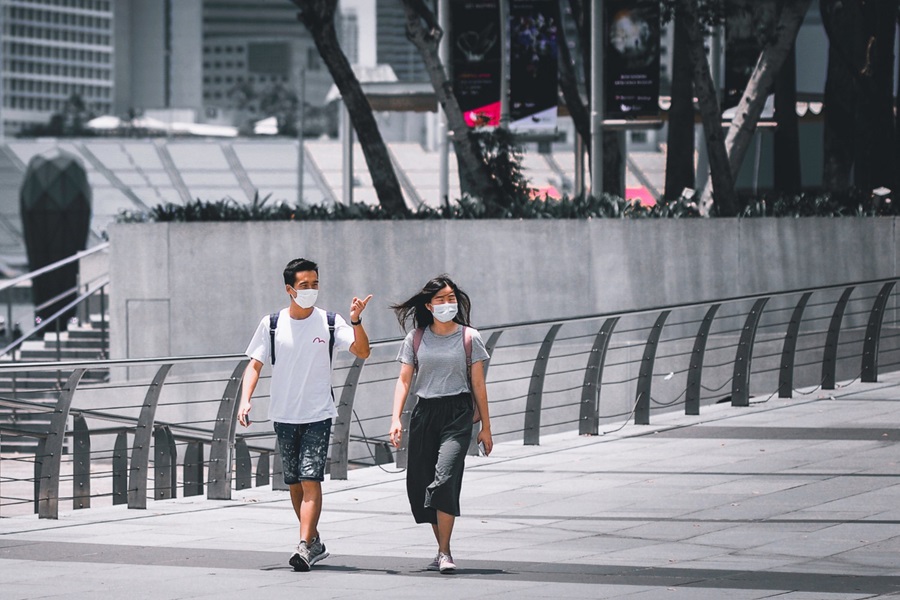With fewer than one in three people in Singapore saying that they would ‘definitely’ take a vaccine for coronavirus when it becomes available, the power of family and friends could be key to encouraging uptake.
Our study, conducted in November 2020 after the Pfizer vaccine presenting as 90% effective in stage three clinical trials was announced, found that six in ten people in Singapore would be more likely to get a COVID-19 vaccine if one of their friends, family or colleagues did.
A study of 1,000 nationally representative people was conducted by Kantar in Singapore, Australia the USA, UK, France Germany and Italy between 10 – 16 November. Of all countries studied, people in Singapore are the most likely to agree that if they were to catch COVID-19, it would seriously affect their health (67% agree). However, reservations about a COVID-19 vaccine certainly exist in Singapore.
Views and fears about vaccinations
28% of people in Singapore say they would ‘definitely’ get a COVID-19 vaccine when it is available, with 45% saying they ‘probably’ would, despite over two thirds of people saying that they think their health would be seriously affected if they caught COVID-19.
People in Singapore are the least likely to say that, in general, they think vaccines are safe – 61% say so, compared to 62% of people in France, and 75% of people in the UK. Likewise, they are also least likely to say that vaccines are effective. 66% agree, compared to 72% in France and 78% in Australia.
Some of the hesitancy about any vaccine may stem from fears about its safety due to the speed of development. 65% of people in Singapore agree to some extent with this statement.
Tools to increase confidence in the vaccine
Anti-vaccine myths and propaganda now present a major challenge for governments around the world aiming to control the COVID-19 pandemic and get their economies back on track in 2021.
In Singapore, the take up of any COVID-19 vaccine could be bolstered by strong levels of trust in the government and national health authorities, and the modelled behaviour of their peers and communities. This research found that:
- Six in ten people in Singapore (60%) agree that they would be more likely to get a COVID-19 vaccine if one of their “friends, family or colleagues safely got it first”, compared to 42% in the USA and 41% in Australia.
- When asked about which sources of information they consider to be reliable about COVID-19, two thirds of people in Singapore (66%) state the health authorities in their country to be reliable. More than half (56%) also selected their country’s government as a reliable source of information.
- When asked if they trust the government to “make the rights decisions about making a COVID-19 vaccine available in Singapore”, 88% trust the government to some extent.
- 60% of people in Singapore agree to some extent that a vaccine will not be dangerous if it has been proposed by the public authorities in Singapore. This is the highest level of confidence amongst the countries researched.
Looking to the future
Despite the hesitancy reported by the public towards a vaccine, two thirds (66%) agree that a COVID-19 vaccine is the best way to help life get going again.
The levels of intent to receive any COVID-19 vaccine may also be impacted in Singapore by the public’s belief that they can prevent themselves getting COVID-19 without vaccination – 45% agree to some extent that they can, the highest level amongst the countries studied.
Methodological information
A total of 1,000 interviews were conducted each amongst adults living in Australia, Singapore, France, Germany, Great Britain, Italy and the USA among between 10 and 16 November using Kantar’s Accelerated Answers service across respondents on the Kantar Profiles Network. All interviews were conducted as online self-completion. The data was weighted to match population total for age, gender and education.
